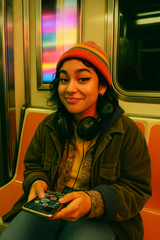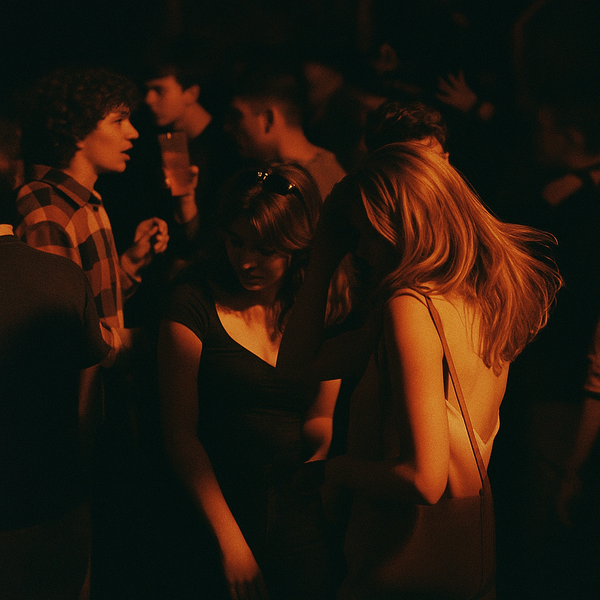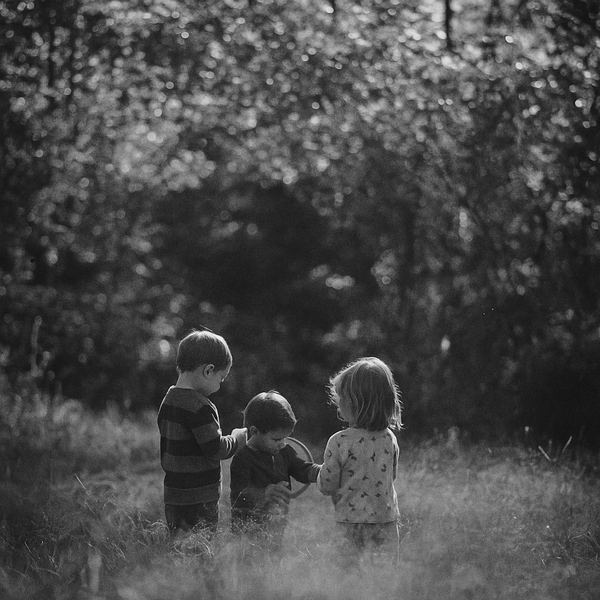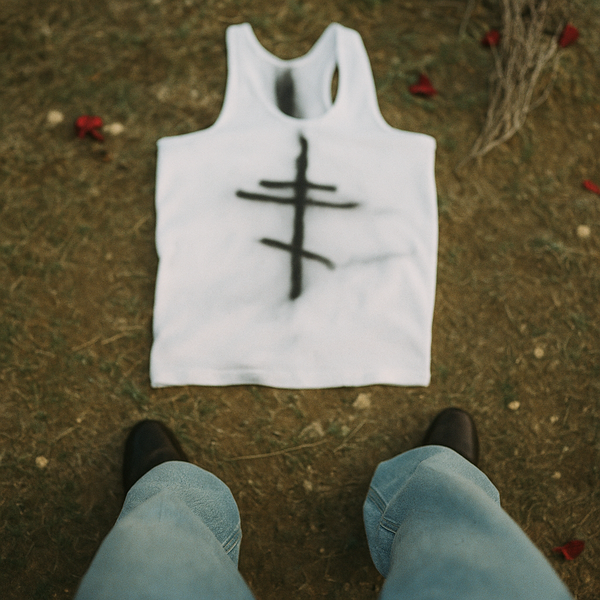When AI and Body Horror Collide: A Comedy of Errors

Remember when the scariest thing about technology was accidentally liking your ex's Instagram post from 2017? Those were simpler times. Now we're living in an era where AI can generate a convincing video of you saying things you never said, and somewhere, a Silicon Valley startup is probably pitching "smart tattoos that update with your mood" to venture capitalists who've never seen The Fly.
The intersection of artificial intelligence and body horror isn't just a David Cronenberg fever dream anymore—it's Tuesday's tech news. And while we're all busy worrying about whether ChatGPT will take our jobs, we're missing the real question: what happens when we start letting algorithms make decisions about our actual flesh and blood?
The Uncanny Valley of Good Intentions
The beauty filter industrial complex has evolved beyond simple smoothing and brightening. Now we have AI systems that can analyze facial structure and suggest "improvements" with surgical precision. These algorithms, trained on millions of social media images, cheerfully inform users they could look more "harmonious" with a few tweaks. Harmonious. As if human faces were discord servers that needed moderation.
This is where we are now: letting machines trained on Instagram selfies offer opinions on our physical forms. The same technology that occasionally mistakes a chihuahua for a blueberry muffin is now weighing in on rhinoplasty. The implications are both hilarious and deeply unsettling.
The body horror genre has always been about the fear of losing control over our physical selves—think Jeff Goldblum pulling off his fingernails in The Fly or the chest-burster scene in Alien. But at least those transformations were dramatic. Today's version is more insidious: a thousand tiny surrenders to algorithmic suggestions about how we should look, move, and exist in physical space.
The Optimization Industrial Complex
Here's what the tech bros don't understand about body horror: it's not about the transformation itself, it's about agency. Every horror movie where someone's body betrays them is really about the terror of not being in charge of your own narrative. And now we're voluntarily handing that narrative over to neural networks trained on data sets we'll never see.
The comedy—if you can call it that—is in the earnestness of it all. Every startup founder genuinely believes they're making the world better by teaching machines to judge our bodies more efficiently. They're not trying to create a dystopia; they're trying to "leverage synergies between biological and digital wellness paradigms." Which, honestly, might be scarier.
The Glitch in the Matrix (Is Your Spine)
My generation grew up on creepypastas and found footage horror, so we're uniquely prepared for technology that wants to crawl under our skin. We've been training for this since we were twelve, reading stories about haunted Nintendo cartridges and mysterious YouTube channels. The only difference is that now the horror is venture-funded and comes with a sleek UI.
The real body horror isn't in the technology itself—it's in our willingness to trust it with decisions that used to require years of human expertise and, more importantly, human judgment. We're so eager to optimize ourselves that we're forgetting optimization isn't the same as improvement. A perfectly symmetrical face might score high on an AI's beauty metrics, but it would also make you look like you escaped from the uncanny valley and are trying to blend in with the humans.
Laughing at the Apocalypse
The thing about comedy and horror is that they're basically the same emotion pointed in different directions. Both rely on the unexpected, the uncomfortable, the moment when normal suddenly isn't. The only difference is whether you scream or laugh when the monster jumps out.
Right now, we're in that perfect sweet spot where AI body modification is still ridiculous enough to be funny but not quite advanced enough to be truly terrifying. We can still laugh at the Instagram filter that gives everyone the same face, or the wellness app that doesn't understand why you can't maintain perfect posture while sleeping. But give it five years, and those same technologies will be making decisions about who gets organ transplants or which genetic modifications are "optimal" for your unborn children.
The ethical boundaries we're supposed to be questioning? They're not in some distant future where we're all cyborgs. They're in the present, where we're already letting algorithms decide what's normal, what's beautiful, what's healthy. Every time we let an app tell us how to improve ourselves, we're participating in a massive experiment where the hypothesis is "humans are just machines that need better programming."
The Punchline Nobody's Laughing At
Here's the joke that isn't funny: we're so afraid of being left behind by technology that we're racing to merge with it, consequences be damned. We're the protagonist in every body horror movie who says, "Surely this will end well," right before the worst thing happens.
But unlike in the movies, our transformation won't happen in a dramatic third act. It'll happen in increments so small we won't notice until we wake up one day and realize we haven't made a decision without consulting an algorithm in years. Our bodies won't explode in spectacular CGI effects; they'll just slowly become platforms for other people's code.
The only defense against this slow-motion body horror is the same thing that's always saved us from taking ourselves too seriously: the ability to laugh at our own absurdity. Because if we can't find humor in the fact that we're trusting our physical forms to technology that has been tricked into misidentifying stop signs as speed limit signs or flowerpots, then we've already lost something more important than control over our bodies—we've lost our perspective.
So yes, let's explore the intersection of AI and body horror. But let's do it with the understanding that the real horror isn't what the technology might do to us—it's what we're eagerly volunteering to let it do. And if that's not comedy gold, I don't know what is.
References
- https://en.wikipedia.org/wiki/DreadClub%3A_Vampire%27s_Verdict
- https://en.wikipedia.org/wiki/Loab
- https://en.wikipedia.org/wiki/Another_Body
- https://en.wikipedia.org/wiki/AI_slop
- https://arxiv.org/abs/2504.18807
- https://arxiv.org/abs/2306.04484
- https://arxiv.org/abs/2502.21248
- https://starryai.com/app/search/AI-Horror-Art
- https://pubmed.ncbi.nlm.nih.gov/37750493
- https://zengwt.medium.com/unleashing-the-unreal-creating-9-horror-styles-with-9-ai-art-generators-4241a12884ac
- https://aeon.co/essays/our-political-moment-is-ripe-for-david-cronenbergs-body-horror?utm_source=rss-feed
Models used: gpt-4.1, claude-opus-4-1-20250805, claude-sonnet-4-20250514, gpt-image-1




